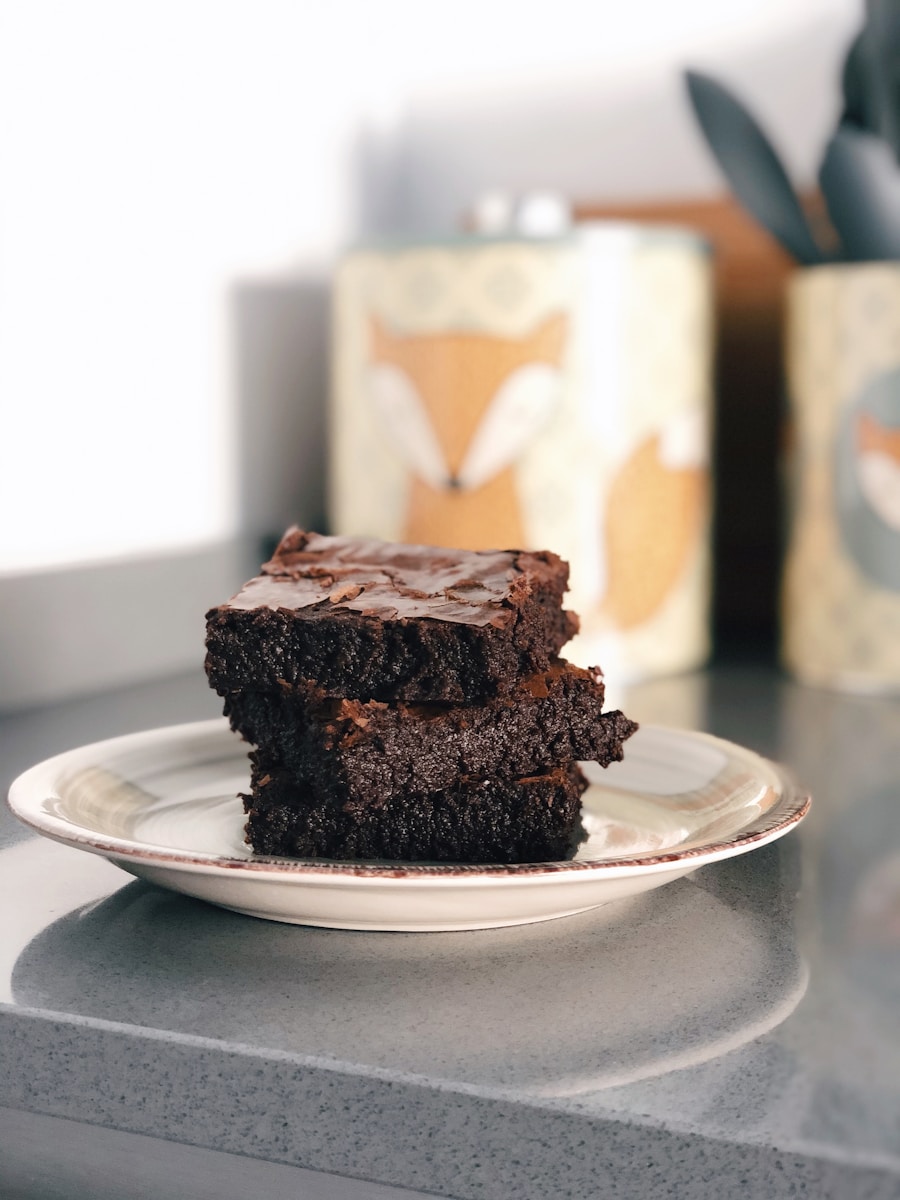A letter on will, thought, and neuroticism.
S.R.,
“Chips, or chunks?” I thought to myself, as I stood, catatonic, in the baking aisle.
The seconds loitered, then fell away, as did the minutes that followed, and, thereafter, the hours–and, before I knew it, several days had passed. The sun rose, and fell. I grew older, gaunt, white-haired, as I stood, an insipid shade, there, differentiating the infinite possibilities–chunks, chips? This mix, that mix? An entirely different brand of brownie mix? Had I even considered the kinds of cake mixes that that aisle offered?
Hyperbole, yes, but a lie it was not. I treated the decision with the utmost gravity.
You can imagine my surprise upon reading Viktor Frankl, his The Doctor and the Soul, only to be reading about myself, and to have found many of my own observations echoed by him. I would encourage you to read one essay contained therein, On the Obsessional Neurosis, as Frankl has described me in better detail and more clearly than I could myself:
“It engenders in them [neurotics], by way of compensation, the desire for absolute certainty in cognition and in decision… The obsessional neurotic mails a letter or locks his door with the same gravity and care that a normal man might employ in choosing his profession or his wife… Because of the overdeveloped awareness that accompanies the obsessional neurotic’s acts of cognition or decision, he lacks the fuent style in which the healthy person lives, thinks, and acts (p. 190-191).
This instance of apraxia is not thematically inconsistent– I am prone to deliberate unnecessarily and ad nauseam over the most minute of decisions. It is indicative, both in my particular case, and, I think, in general, of a kind of global skepticism–Frankl describes this as one being “overly conscious” or “conscientious”.
The obsessional neurotic, we are told, lacks the certainty of instinct by means of which the normal man acts (I have thought, in the past, of Santayana and his “Animal Faith”), this implicit faith in our sense-impressions (that this is, e.g., a book before me), and, by extension, our thoughts and actions. He is plagued by the “irrational residue” (189) of cognition, and of decision.
The irrational residue mentioned above is the gnawing feeling of, “What if?”, or “Perhaps I should/shouldn’t,”, and is, in other words, a kind of doubt buttressed by ulterior concerns–some philosophical, some pragmatic, but in either case their is some notion of the moral-aesthetic, whether it is right or wrong to do or say or think this or that.
The “normal” man lives with it (this irrational residue) in his daily life quite happily, whereas the neurotic is unsettled by it, and continually seeks to obliterate it. Frankl gives us an example of simple arithmetic–whether two plus two equals four. The obsessional neurotic lacks the sense of obviousness that settles the matter (184), and so continually resumes the airthmetic process, each time unsettled by the doubt or the possibility of non-being (that it might another time be five, or that its being four is merely contingent, and non-necessary).
I have often thought of this process as descending into a kind of mental labyrinth, which we, or, at least, I myself, must engage in for the simple clarity and consolation of knowing–or, at least, until I am exhausted.
One of the ends of therapy in this respect (and here Frankl and I agree, but I will leave off quoting him on the matter) is a return to the obviousness of instinct in relation to brute fact. Phenomenologically, there is a kind of “rightness” in our thoughts and actions, i.e., they seem to us to be fitting, to be suitable, or to be good. Otherwise we wouldn’t choose them.
And this feeling of rightness I have largely forgotten–which leads to my apraxia as regards action, and my aporia as regards thought, and in place of it I find an ever-present and all-consuming doubt.
“Like all epistemological skepticism, the obsessional neurotic’s [sic] seeks to find an Archimedean point, an absolutely solid basis from which to start out and on which to build up, with logical consistency and uncompromising truthfulness, a complete world-view” (197).
So, how does one in such a position resume living a normal life, with its confidence and certitude?
Well, I should think that this will always be a character-flaw of mine–it is a simple fact of my neurobiology, a fundamental part of how I inhabit the world.
But, nonetheless, it is consoling to think and to recall that I am free to live and act in spite of this skepticism, and that a continual spiritual practice (I am hesitant to use the term “therapy”) am I able to keep it in check.
Our healing begins, quite simply, with our will, whether that is committing to a position (in terms of knowledge), or committing to an action (in terms of praxis). That is, we are tasked with simply letting go of that doubt, and simply being, or acting.
I have spoken of this elsewhere as a kind of grace–that in spite of this over-arching skepticism we are able to know, and in spite of the paradox of motion we are able to move, and so much in the same way we are able to live, simply by living. This act of will can be conceived of, otherwise, as an acceptance of circumstances by faith, without the self-indulgent recursion of thought upon itself.
“The man who can decide on nothing, can make up his mind about nothing at all, is undoubtedly making the most unscrupulous of decisions” (197).
And, in case you were curious–I did, in the end, choose chips.
Though perhaps I should have chosen chunks.
Farewell.
Sincerely,
George
